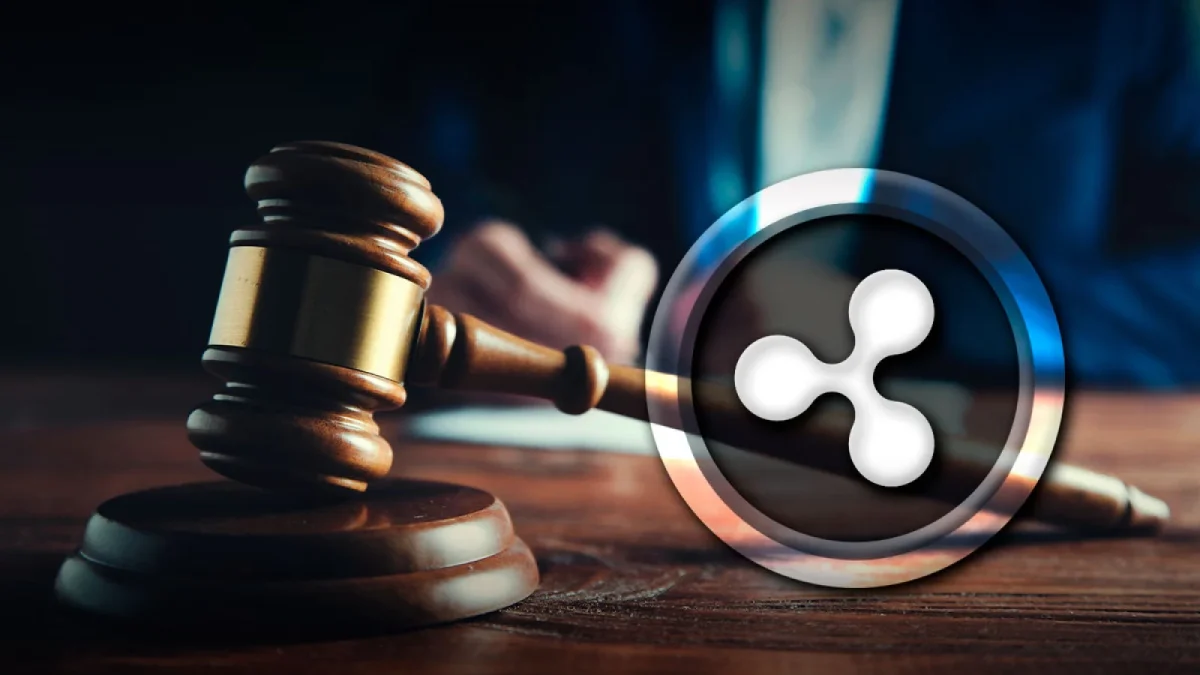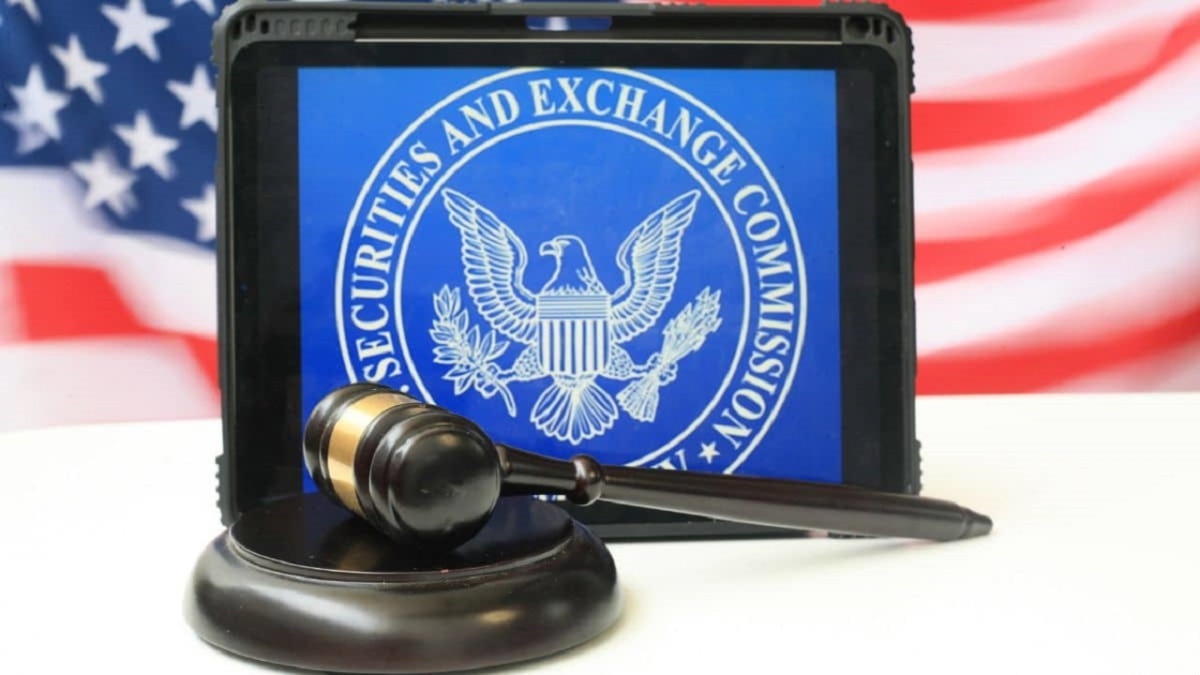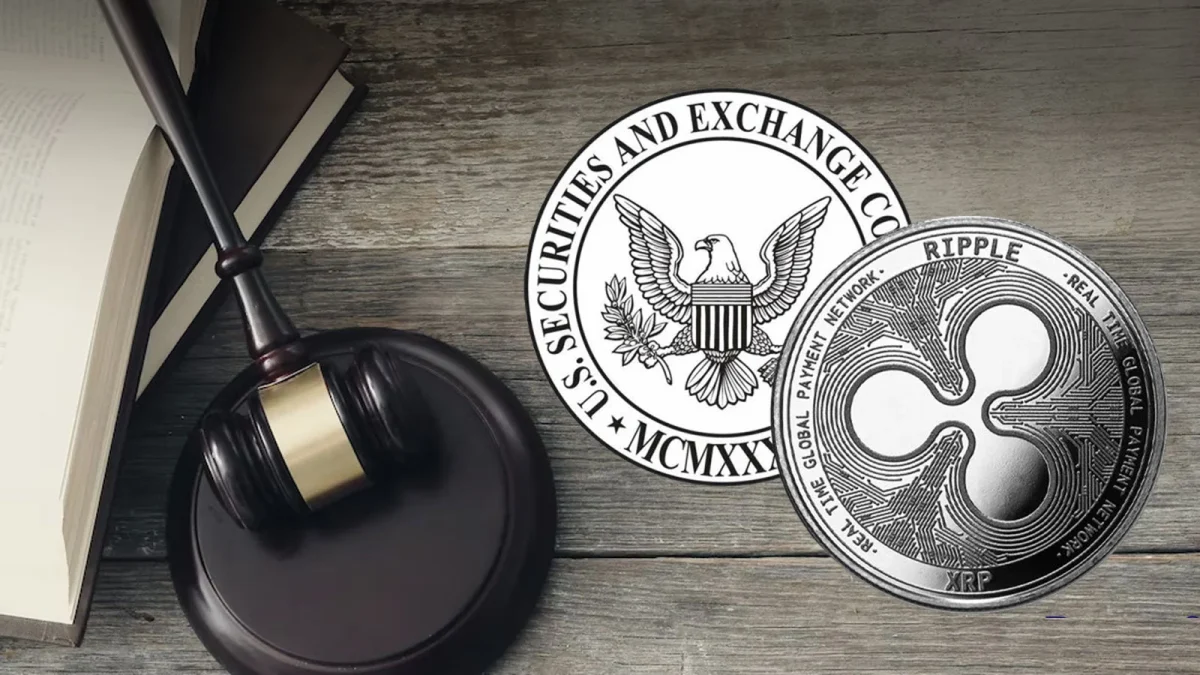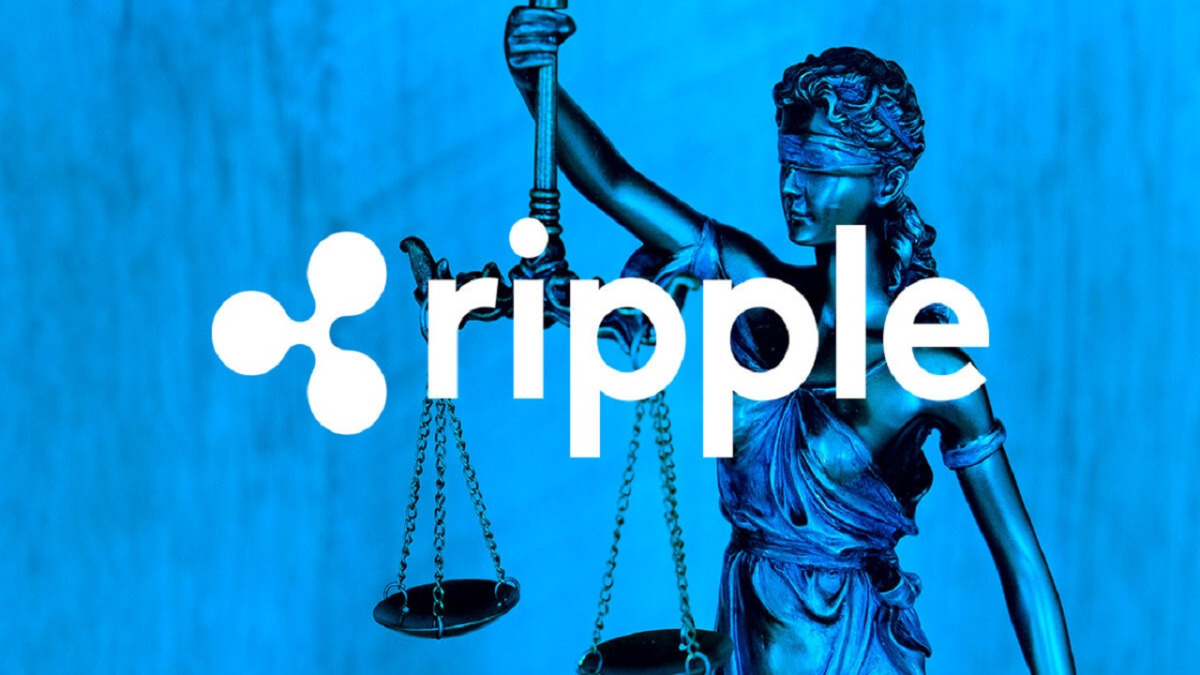According to expert Daniel Kuhn, widespread views about the Hinman documents misinterpret Ripple’s legal strategy. From this point of view, the expert looks at the Ripple and SEC war from a broad perspective.
After a long struggle, the Hinman documents have been announced!
The long-awaited “Hinman documents” have finally appeared. According to some, it will play an important role in the ongoing legal battle between the US Securities and Exchange Commission (SEC) and Ripple. Ripple is suing the SEC for allegedly illegally selling XRP, which the SEC considers a security. However, Ripple struggled to get these documents on the court records, which showed that the SEC had unfairly targeted the company.
Ripple CEO Brad Garlinghouse said yesterday that the document dump is “worth the wait.” Not everyone is convinced that the newly released files prove Ripple’s claims. However, hundreds of internal messages from the SEC’s senior executives indicate that it was never clear whether and how the SEC would regulate cryptocurrencies created after Bitcoin.

Ripple explains this situation on XRP. it doesn’t moisten!
It all happened in 2018 when William Hinman, Director of the SEC’s Corporate Finance Division, announced that Yahoo! He started with a speech at the Summit saying that Ether (ETH), the native token of the Ethereum Blockchain, should not be classified as a security. That’s because, Hinman argued, the network had become “decentralized enough” from the moment it was created.
This public speech was based on Hinman’s understanding of the Ethereum network at the time. Also, while Ripple argues that XRP is not a security, the company does not find Hinman’s argument particularly helpful. Rather than arguing on similar grounds that XRP has “decentralized” over time, Ripple is trying to argue that Hinman’s theory is not based on a proper understanding of securities law.
In short, Ripple struggled to see these documents. He then worked to make them public as they caused controversy. Garlinghouse said in a statement that it was “absolutely unreasonable” for Hinman to make his speech despite the lack of consensus within the SEC. He also added that the speech “intentionally created confusion.” This apparently supports the company’s literal defense that the SEC has sued Ripple and its executives without clear legal basis. Furthermore, Ripple argues, on procedural grounds, that the SEC violated its rights to due process by failing to “fairly report” potential securities regulation violations.

According to the SEC, Hinman’s views are personal!
The SEC, currently led by President Gary Gensler, has struggled for months to keep the Hinman documents out of public view. Because his expressions were his own. It therefore did not represent the institution’s understanding and was irrelevant to the case. Indeed, internal SEC memos regarding Hinman’s presentation show that many SEC officials agree. So, it will be difficult to say that the resulting speech represents everyone’s views.
For example, SEC Director Brett Redfearn suggested that Hinman use stronger language circa 2018 to make it clear that ETH is not a security, while others noted that Hinman’s speech could trap the agency if it wants to “take a different position on ether in the future.” This last point, it seems, will not be a problem for Gensler, who seems completely unconcerned about contradicting the views he or his predecessors had previously held.
Maybe that’s the usual thing in the SEC. During Ripple’s protracted struggle to make speech drafts public, the judge presiding over the case said the agency had acted immoral by trying to keep information out of court. Moreover, one of Ripple’s key arguments is that Hinman’s speech shows a clear conflict of interest, given that he has stakes in a law firm that was a member of the Enterprise Ethereum Alliance at the time.

Ripple defend XRP what is the cost based on?
First, the nonprofit says it hasn’t created the network or the token itself for years. Despite this, he is one of the main developers of Blockchain. Perhaps the organization that will profit the most from the adoption of XRP. Also, perhaps confusingly, the company argued that XRP is a commodity, a type of resource that has commercial value for various investors, coders, and companies such as Bitcoin (BTC) and Ethereum (ETH).
There are several things that point in favor of the idea that the XRP network has become decentralized over time. Like any public blockchain, anyone can build using XRP or use the network to transfer assets. In late 2013, Ripple Labs released the full codebase of Ripple, which has not always been publicly available. It also gave the world the tools necessary to maintain the network, theoretically without the involvement of any party. A few companies, notably MoneyGram, have used the network for some types of cross-border transactions.
However, for many outside the XRP Army, Ripple has become something of a cancer in the Blockchain industry. This perhaps started with Ripple Labs’ token distribution plan, which has been questioned by the SEC. Similar to some token treasuries today, Ripple has decided to control the distribution of the 100 billion XRP units that will exist and distribute them to the community, the initial investors and the founders of the company. This is partly why Ripple founder Jed McCaleb, who left to build the rival payments-focused Blockchain Stellar, has had so many tokens to release over the years.

Ripple lawsuit important for the future of the Blockchain industry
Although the company disagrees on this point, Ripple as a network hasn’t really decentralized much since its inception. Over the years, all Ripple’s clients have been set to trust only Ripple’s verification nodes by default. That’s a point the SEC has made in its case. The SEC refers to Unique Node Lists (UNLs), or gateways that control who can participate in the Blockchain consensus mechanism.
Such technical details are rarely covered in discussions about Ripple’s case. In fact, much of the conversation seems to stem from a complete misunderstanding of the company’s strategy. Part of the reason the XRP Army is chasing after someone like Ethereum creator Vitalik Buterin is because Hinman had a phone call with the agency while preparing his speech. Because this is another example of prejudice.
Ripple’s case is certainly important to the future of the blockchain industry. The delisting of XRP by Coinbase and other US exchanges in 2020 was extremely significant when the SEC first claimed that the token is a security. The lawsuit specifically includes a legal interpretation of cryptocurrencies that meets the fork ends of the SEC’s Howey Test. Ripple denies that XRP qualifies as a security because there is no “investment contract” and XRP has more in common with diamonds, gold, soybeans and cars (i.e. commodities). In other words, Ripple cares whether the SEC is right or wrong. But he never cared about decentralization.







